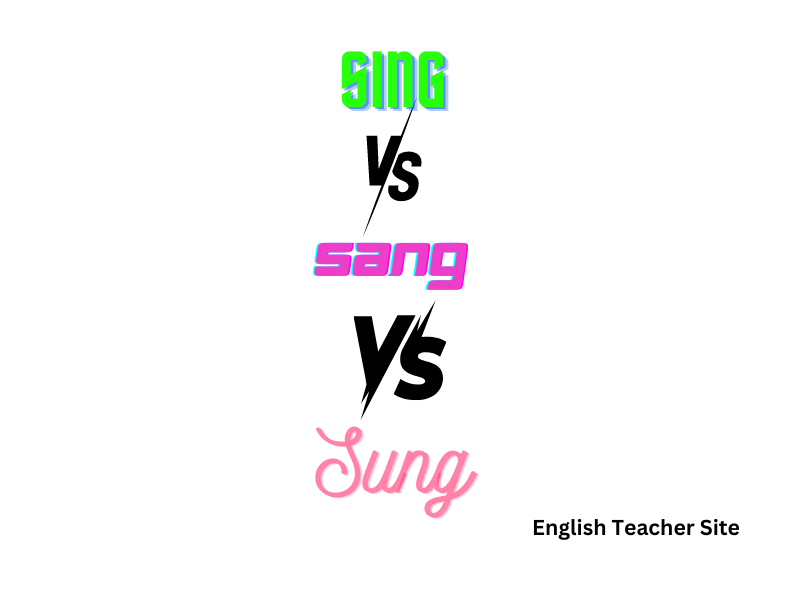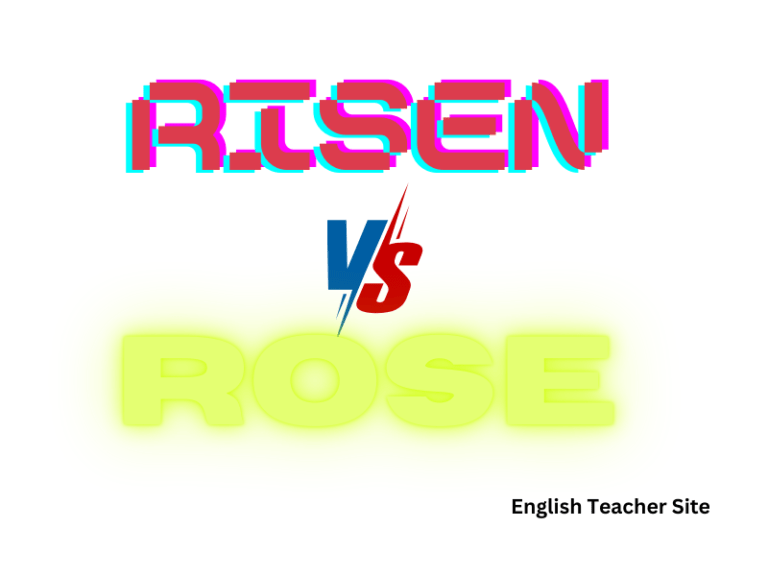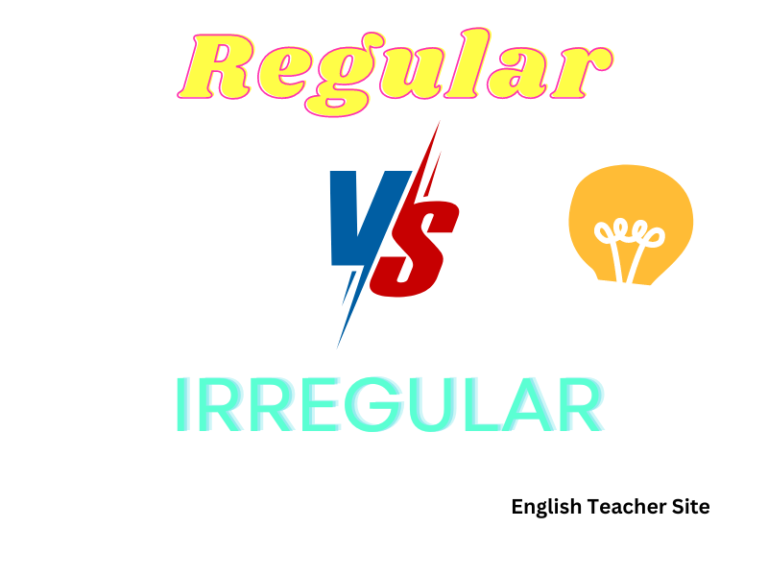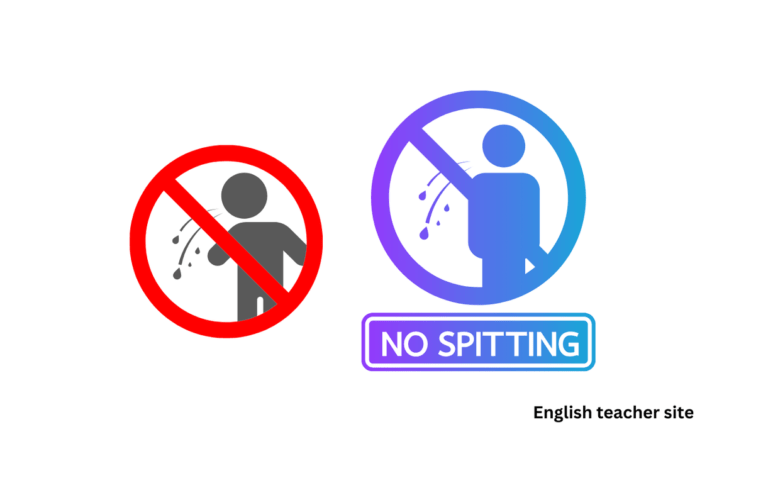Sang or Sung: Which One is Correct for You?

Verb tenses can be tricky in English, especially when it comes to forms that look similar. A common area of confusion is the difference between “sang” and “sung.” Understanding when to use each of these forms will help you communicate more accurately and confidently. In this article, we will clarify this confusion, explain the rules, and provide practical tips to help you master these two important verb forms.
- Explanation of the issue: Sang or Sung.
- When and why learners struggle with this distinction.
- Purpose of this article: to clear up the confusion and provide practical tips.
What Is “Sang”? The Simple Past Tense Explained
“Sang” is the simple past tense of the verb “sing.” It is used to describe actions completed in the past, without reference to any connection to the present. The key to understanding “sang” is that it’s used when the action happened at a specific time in the past.
- “Sang” is the past tense form used to describe completed actions in the past.
- Example: She sang beautifully at the concert yesterday.
- Usage in everyday sentences: I sang at my friend’s wedding last weekend.
- Emphasize the importance of time indicators when using “sang” (e.g., yesterday, last night, two weeks ago).
What Is “Sung”? The Past Participle Explained
“Sung” is the past participle form of the verb “sing.” It is used with auxiliary verbs like “have,” “has,” or “had” to indicate actions that are connected to the present or happened before another event in the past. The past participle does not stand alone; it requires a helping verb.
- “Sung” is used in present perfect and past perfect constructions.
- Example: I have sung this song many times.
- Clarification of auxiliary verbs (“have,” “has,” “had”).
- Example in context of a question: Has she sung at the opera before?

Practice Exercise: Sang or Sung? Test Your Knowledge!
Choose the correct verb form in the sentences:
- “I ____ (sang/sung) at the event last night.”
- “By the time we arrived, she had already ____ (sang/sung) her solo.”
- “He ____ (sang/sung) in the choir for five years.”
Answer Key:
- Answer 1: sang
- Answer 2: sung
- Answer 3: sang
Common Learner Mistakes and Detailed Corrections
Many learners struggle with the difference between “sang” and “sung.” Here are some common mistakes and how to fix them:
- Mistake 1: Using “sang” instead of “sung” with auxiliary verbs.
- Correction: Remember, past participles (like “sung”) are used with auxiliary verbs (“have,” “has,” “had”).
- Mistake 2: Confusing past tense with present perfect tense.
- Correction: Understand when to use simple past (“sang”) vs. present perfect (“have sung”).
Relevant Vocabulary and Synonyms
Expanding your vocabulary will deepen your understanding of the verb “sing” and its different forms. Here are some useful synonyms and related terms:
- Synonyms for “sing”: perform, belt out, chant.
- Related terms: song, melody, tune, harmony.
These words can be used in different contexts to convey similar meanings. For example, you can say “She belted out her favorite song” or “He performed at the concert.” Using synonyms will help diversify your speech and writing.
FAQs: Common Questions About Sang and Sung
- Q1: Can “sung” be used as a standalone verb?
- No, “sung” always requires an auxiliary verb like “have” or “had” to form a complete verb phrase.
- Q2: Why do people say “I sang it” instead of “I sung it”?
- “Sang” is the correct past tense, used for actions completed in the past, while “sung” is the past participle and needs auxiliary verbs.
- Q3: Can I use “sung” in a sentence without an auxiliary verb?
- No, “sung” is never used alone as the main verb. It’s always paired with a form of “have” or “had.”
Sources
My name is Khamis Maiouf. I am the creator of the English Teacher Site, dedicated to providing valuable resources and insights for students around the world. With a passion for education and a commitment to helping students enhance their skills, I aim to make English teaching more effective and enjoyable for both educators and students.






